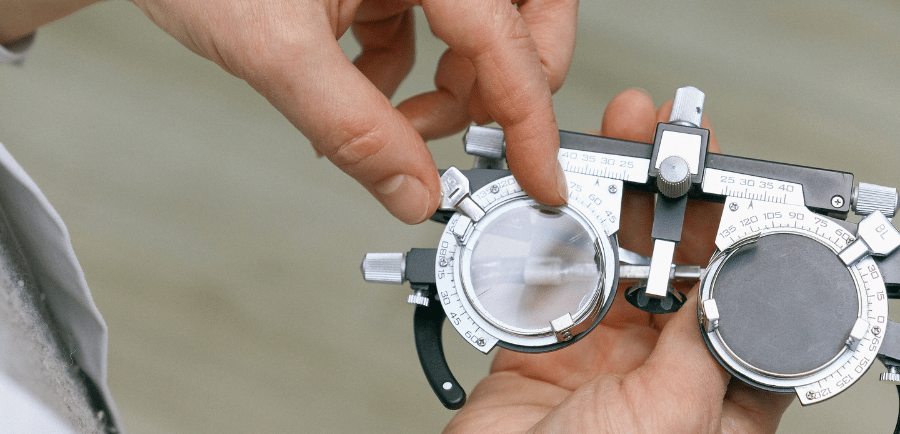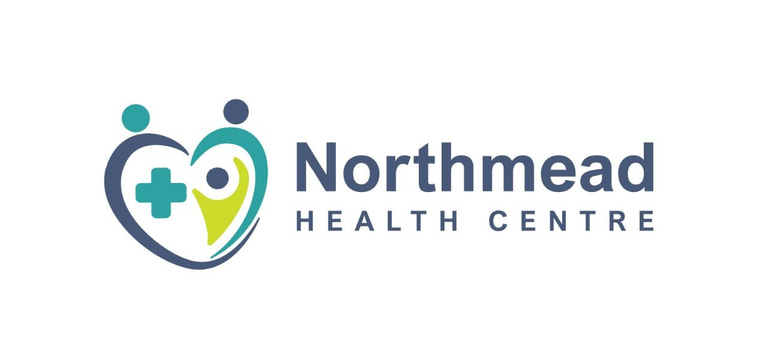The Importance of Regular Eye Exams
Your vision is precious, intricately linked to your quality of life, productivity, and even safety.
4/27/20252 min read


We often prioritize our annual physicals and dental check-ups, diligently safeguarding our overall health. But how often do we give our eyes the attention they deserve? Your vision is precious, intricately linked to your quality of life, productivity, and even safety. Skipping regular eye exams can be a costly oversight, potentially allowing silent vision problems to progress unnoticed.
Think of your eyes as intricate cameras, constantly capturing the world around you. Just like any sophisticated piece of equipment, they require regular maintenance and professional evaluation to ensure optimal performance. This isn't just about getting a new prescription for your glasses or contact lenses; it's about a comprehensive assessment of your eye health.
Beyond Blurry Vision: Uncovering Hidden Threats
Many serious eye conditions, such as glaucoma, macular degeneration, and diabetic retinopathy, often develop gradually without any noticeable symptoms in their early stages. A comprehensive eye exam goes far beyond a simple vision test. Your optometrist or ophthalmologist will conduct a series of tests to:
Assess your visual acuity: This determines the sharpness of your vision at different distances, leading to accurate prescriptions for corrective eyewear.
Evaluate eye coordination and muscle function: Ensuring your eyes work together smoothly is crucial for comfortable and clear vision.
Check for early signs of eye diseases: Through techniques like tonometry (measuring eye pressure), ophthalmoscopy (examining the back of the eye), and slit-lamp examination (detailed view of the front of the eye), your eye doctor can detect subtle indicators of potentially blinding conditions long before you experience any symptoms. Early detection significantly improves the chances of successful treatment and preventing vision loss.
Identify other health issues: Surprisingly, eye exams can sometimes reveal signs of systemic diseases like diabetes, high blood pressure, and even certain neurological conditions. The blood vessels and nerves in your eyes offer a unique window into your overall health.
Who Needs Regular Eye Exams, and How Often?
The frequency of your eye exams depends on several factors, including your age, family history, and overall health. However, here are some general guidelines:
Children: Should have their first comprehensive eye exam around six months of age, again around age three, and before starting school. Regular screenings are essential throughout their school years to catch any vision problems that could impact learning.
Adults (18-60): If you have no risk factors and good vision, an eye exam every two years is generally recommended. However, if you wear glasses or contacts, have a family history of eye disease, or have conditions like diabetes or high blood pressure, annual exams are crucial.
Adults (60+): The risk of age-related eye conditions increases with age, making annual comprehensive eye exams essential for maintaining vision.
Investing in Your Future Vision
Think of regular eye exams not as an expense, but as an investment in your long-term well-being and quality of life. Early detection and timely intervention can make a significant difference in preserving your sight. Don't wait for vision problems to arise; make proactive eye care a priority.
Schedule your comprehensive eye exam today. Your eyes – and your future self – will thank you.

